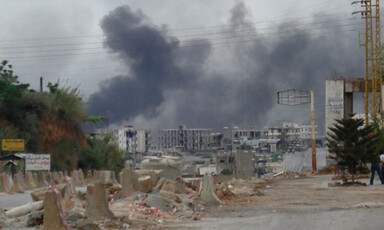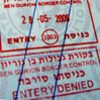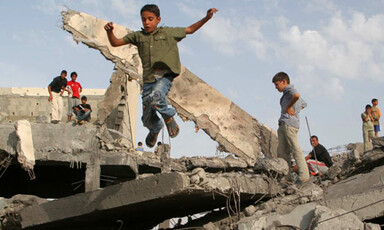
Whose Truth?
Beirut 2 June 2007
1 June 2007 — Since early morning U.S. weapons have bombarded the Nahr al-Bared refugee camp in northern Lebanon, though no one can get a clear idea about what exactly is happening there. On the news we watched bombs going off every few seconds all day long with huge clouds of black smoke smoldering in the sky. A journalist friend who was trying to photograph the scene called me and asked me to bring him more equipment from his home in Beirut. Since I needed to deliver medicine to Nahr al-Bared refugees in Bedawi refugee camp I drove his equipment up to Nahr al-Bared where he was trying to take pictures. Read more about Whose Truth?








